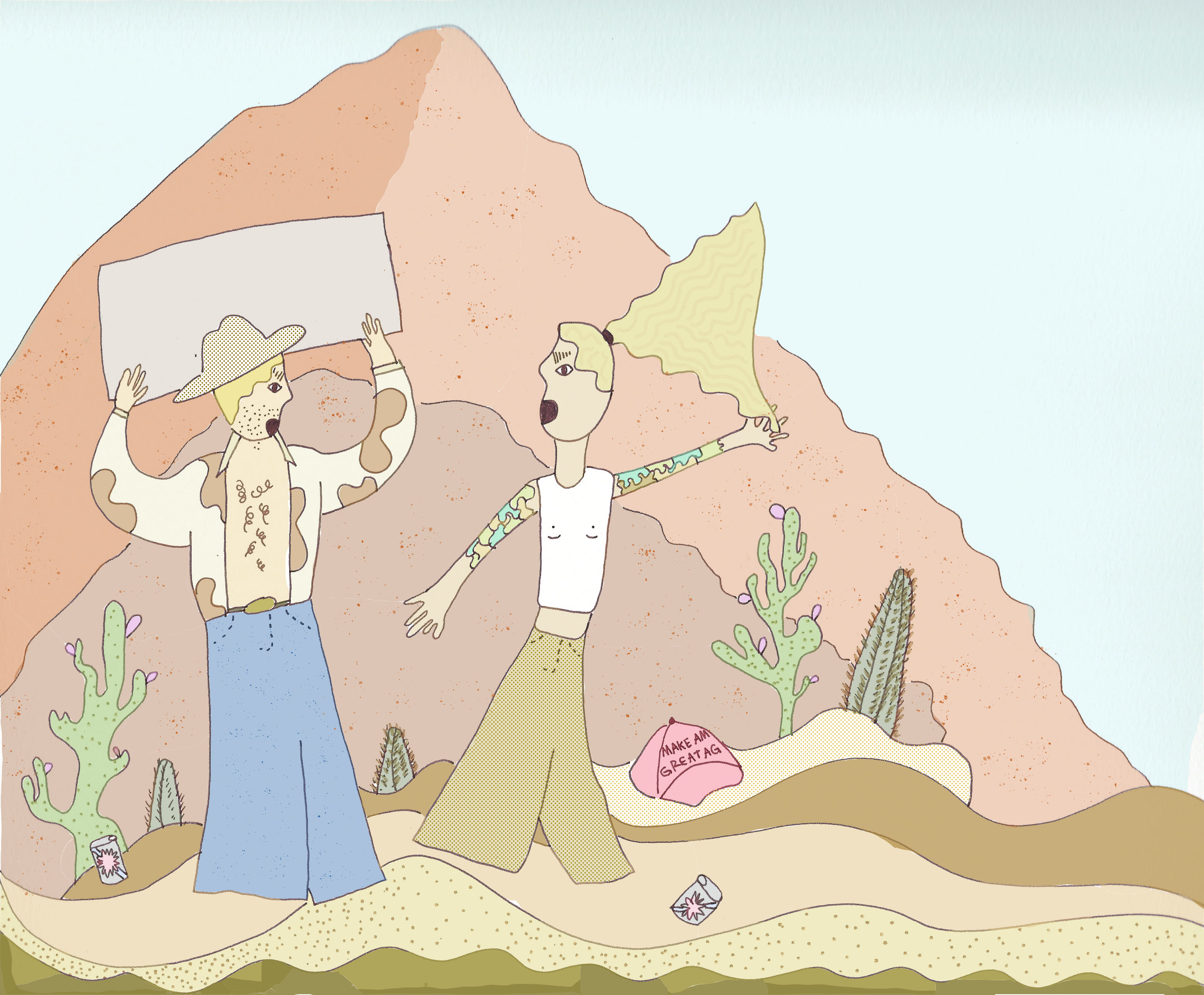
Misusing this term serves no benefit but to make the accuser an actor in bad faith
By Matthew Fraser, Opinions Editor
Most people don’t know what white supremacy is. This has been my startling conclusion after years of following the news and politics at large.
All too often I see these words thrown out to describe people as an affront to our society and ideals; these people must be stamped out, expelled, or destroyed for the safety of us all. Yet, just as often as I see the words, I find on closer examination that the people described are not as evil as the label applied.
There is nothing wrong with condemning racist behaviour, but we certainly need a better barometer of what actually is racist.
Though the fear and disdain of the words is well placed and necessary, the actions that are called “white supremacist” are rarely fitting of the charge. In fact, the term “white supremacist” has become so ill defined that it is functionally useless. Books like White Fragility by Robin DiAngelo have gone far to convince even the most sane and open white person that they are actively participating in “white supremacy” through any and every microaggression or inaction. Authors like Ibram X Kendi have gone so far as to say that there is only racism and anti-racism, with no “not racist” option in between. However helpful people think this view might be, it certainly does nothing to improve our world; realistically, the self-immolation required by these admissions of “internalized racism” serve only to make the actor feel better about some fantasized “white guilt.”
Consider for example the Covington Catholic high school incident of 2019; a picture began to circulate of a young white man wearing a MAGA hat sneering in the face of a First Nations man. The optics were terrible, and the vitriol was swift; soon adults as famous as Kathy Griffin were denouncing the student pictured as a white supremacist while calling for him to be publicly doxed. Reza Aslan, a former CNN commentator, released a tweet saying that Nicholas Sandmann (the student at the center of the controversy) had a “punchable face.” Yet, when a full video was released it quickly became obvious that the boy with the MAGA hat was not the aggressor. Shortly thereafter, multiple defamation lawsuits were launched, and CNN had to pay a handsome out of court settlement.
Similarly, the recent shootings committed by Kyle Rittenhouse have drawn many accusations of “white supremacy.” Now, I am certainly not condoning political violence, nor excusing vigilantism, but the facts currently lead to a legitimate claim of self-defence here. Not only that, Rittenhouse may be the first person to be accused of “white supremacy” as a by product of violent interactions exclusively with white people where few people of color were present, and yet, multiple news organizations and countless private citizens have been castigating him as a white supremacist. However, currently there is no evidence that he is a racist. According to Vice, multiple classmates of his have come forward describing him as a Trump sycophant intent on “owning the libs,” it is very clear that he is pro-police in an entirely uncritical manner, but so far as I know, there has been absolutely no clear or confirmed evidence that he is a white supremacist. No manifesto, no history of racial violence, no racist tweets, nothing.
Now, there is nothing wrong with condemning racist behaviour, but we certainly need a better barometer of what actually is racist. Disagreement on border security is not itself racist nor is the presence of a MAGA hat. The sooner people can look critically at the facts of a matter before demonizing another, the better.
